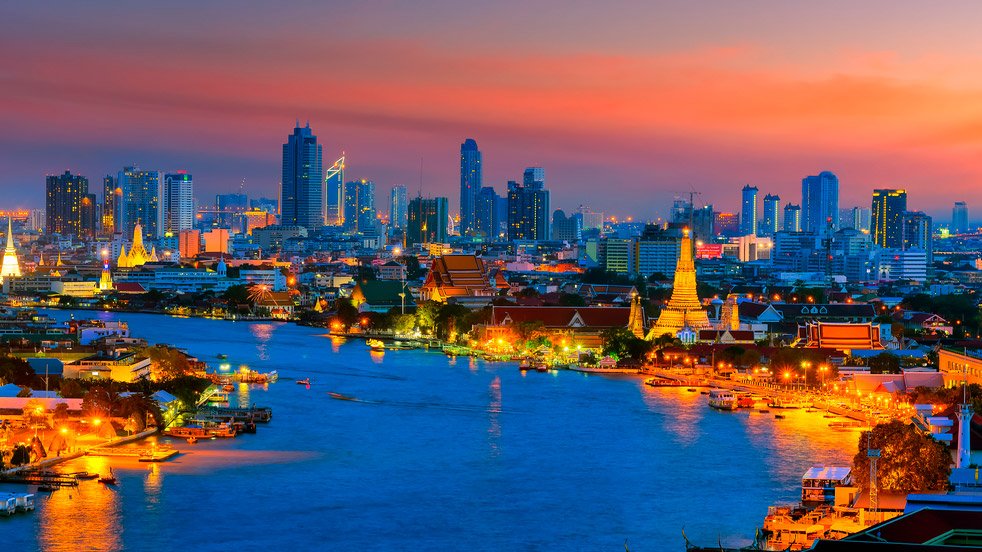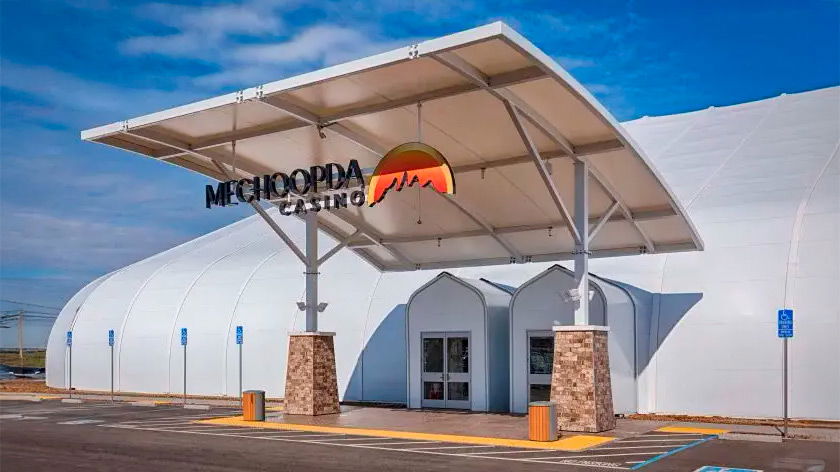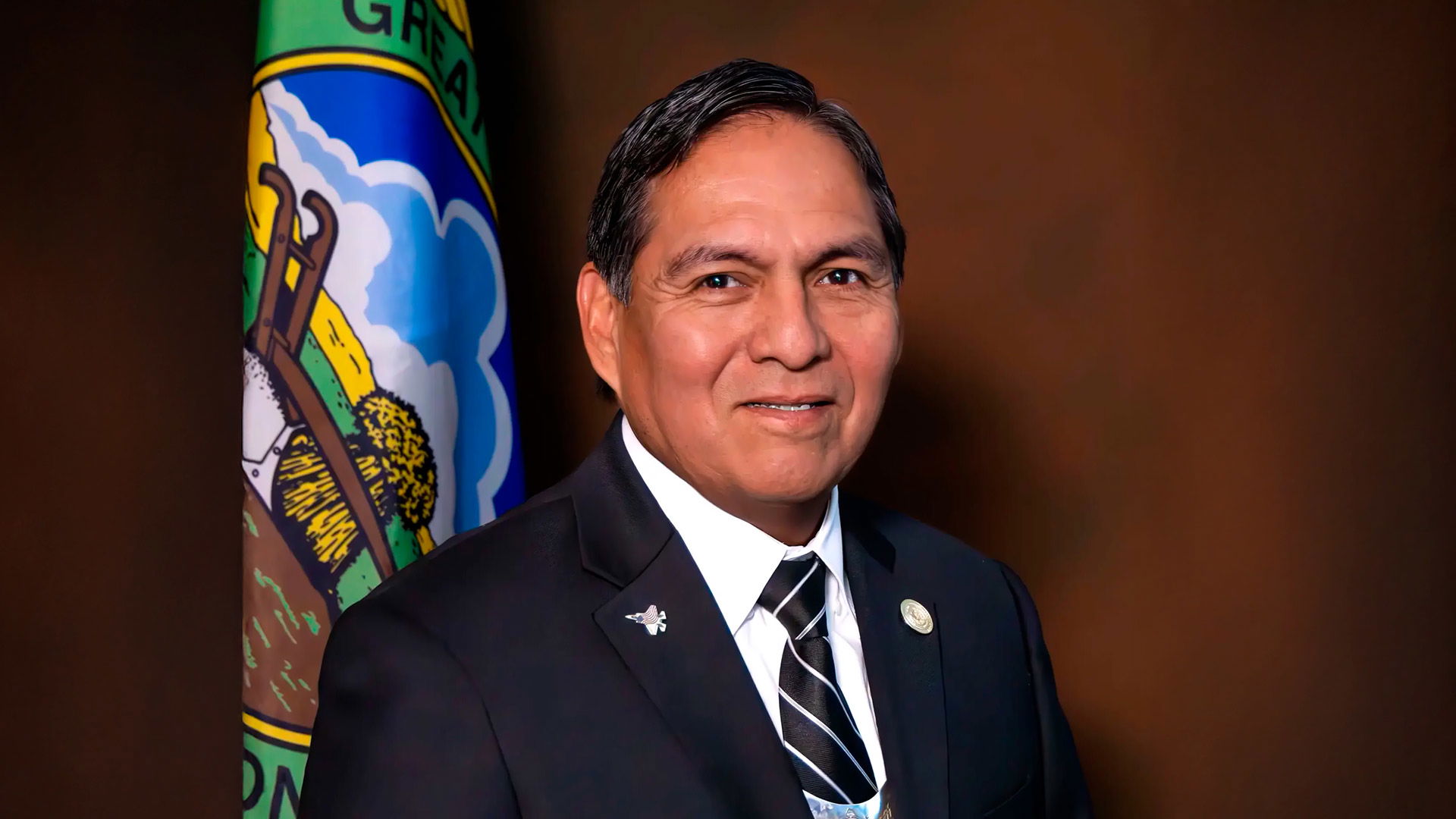Thai government plans to develop three casinos in Bangkok as part of national gaming expansion

The newly elected Thai government, led by Prime Minister Paetongtarn Shinawatra, is pushing forward with plans to develop a regulated gaming industry, potentially establishing up to seven casino hotels. Reports suggest that as many as three of these venues will be located in the capital city of Bangkok.
A casino policy statement is expected to be presented in parliament this week, outlining the government’s proposal for integrated resorts featuring casino gaming. Deputy Secretary-General to the Prime Minister, Suksit Srichomkwan, confirmed that the legislation includes plans for three major casino resorts in Bangkok, positioning the city as a central hub for the country’s emerging casino industry.
The proposed legislation is part of a broader strategy to boost Thailand’s tourism and entertainment sectors, with each winning bidder for a Bangkok casino license required to pay $3 billion. The relatively lower price point, compared to casino developments in places like Las Vegas and New York, is expected to draw interest from international gaming giants. U.S.-based firms such as Las Vegas Sands, MGM Resorts International, and Wynn Resorts have already expressed interest in expanding into Thailand.
Outside of Bangkok, casino licenses are expected to carry a fee of $1.5 billion, with additional stipulations limiting the size of the casinos to 10% of the total resort area. This balanced approach aims to ensure that integrated resorts contribute to tourism and leisure while preventing gambling from becoming the primary focus.
Thai lawmakers are keen to expedite the legislative process, hoping to open the first casino venues before the MGM Osaka in Japan begins operations in 2030. The proposed Bangkok casinos are seen as a key element of the government's broader economic vision, with a focus on positioning Thailand as a leading entertainment destination in Asia.
With Bangkok being the most populous city in the country, and its prime appeal to tourists, these developments are expected to generate significant revenue for the government.


















































